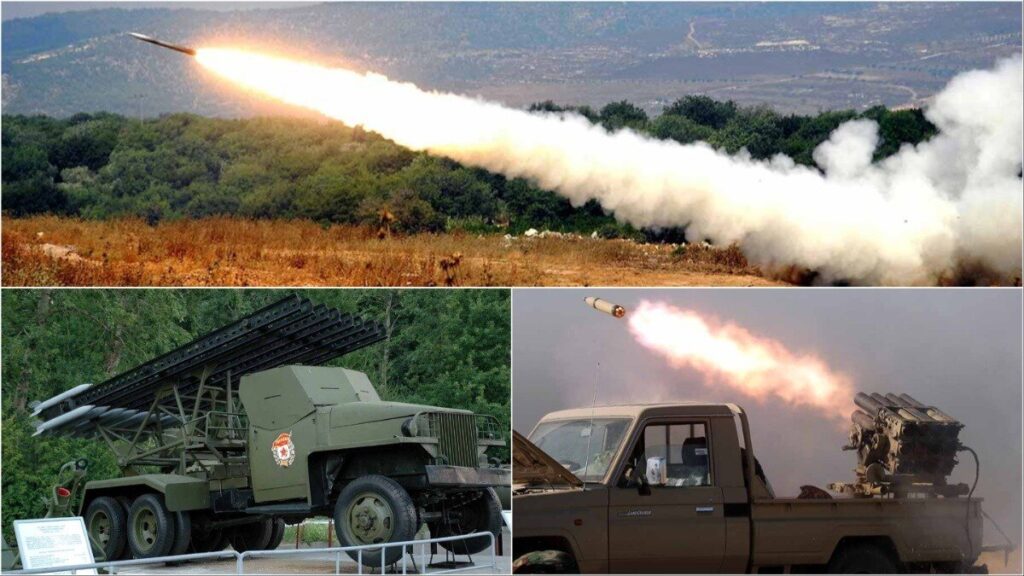The growing tension between Hezbollah and Israel can have a negative impact on many important strategic projects for India. Especially on projects like Chabahar port in Iran and the recently established India-Middle East-Europe Economic Corridor (IMEC). Let us know about those projects which can be affected by the growing tension between Hezbollah and Israel.
Chabahar Port
The Chabahar port is a vital route for India to have direct access to Afghanistan and Central Asia, bypassing Pakistan. An escalation of the Hezbollah-Israel conflict in the Middle East could lead to disruptions in maritime trade routes, increasing risks in the Strait of Hormuz and the Arabian Sea. If Iran, a close ally of Hezbollah, becomes involved in the conflict, India’s operations in Chabahar could be jeopardised. Sanctions or direct Iranian involvement could pose significant challenges to India’s investments and projects.
energy security concerns
The conflict could result in fluctuations in global oil prices and also affect the routes through which it is supplied, which could put India’s energy security at risk. Given Chabahar’s strategic location in the Gulf, any regional instability could threaten this vital energy link. As a result, India could face a rise in oil prices, which will affect the entire import chain.
India-Middle East-Europe Economic Corridor (IMEC)
The safe operation of IMEC, which is considered a strategic alternative to China’s Belt and Road Initiative, requires stability in the Middle East. Growing tensions between Hezbollah and Israel could lead to wider regional instability, threatening the security of this corridor. In the event of a conflict, the development of infrastructure associated with this corridor, such as ports, railways, and pipelines, could be negatively affected. Apart from this, balancing efforts to achieve India’s strategic objectives in the region can also be challenging. Given its close ties with Israel and strong ties with many Arab countries and Iran, India may have to maintain a delicate diplomatic balance.
Economic and strategic consequences
A prolonged conflict could destabilise the Middle East, a region vital to India’s energy needs and economic interests. The conflict could lead to volatility in global oil prices, which would have a profound impact on India’s economy, especially since India’s dependence on oil imports is high.
Migration and refugee issues
In case of conflict, a refugee crisis may arise, which may affect India’s regional interests, especially in the Gulf region. A large number of Indians live in this area. If the situation worsens, India may have to launch another plan like the evacuation operations conducted in Afghanistan, Russia-Ukraine and other conflict areas.
According to sources, India is assessing the Israel-Hezbollah conflict and its impact on the Middle East. Based on these assessments, India may accelerate efforts to diversify its trade and energy routes to reduce dependence on Middle Eastern chokepoints. Also, India can increase diplomatic efforts by leveraging its strong ties to maintain stability in the region. Strengthening alliances with regional players such as Saudi Arabia and the UAE may be important to ensure the sustainability of India’s strategic projects.
Source (PTI) (NDTV) (HINDUSTANTIMES)
